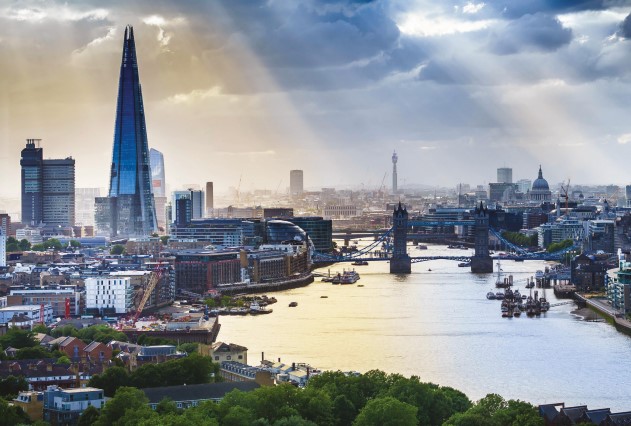A new report released by environmental disclosure system, CDP, and think tank, Planet Tracker, suggests that financial institutions are exposed to significant and growing risks posed by depleted and contaminated water supplies.
The joint analysis of the disclosures of 377 financial institutions, including Blackrock, State Street and Vanguard, suggests that a third of listed financial institutions do not assess how much of their investment portfolios face this risk.
Changes in water-related regulations, high levels of pollution and community opposition were all cited as drivers for these stranded assets.
The report found that US$2bn is at risk due to water issues, on top of US$13.5bn in assets already stranded in projects that may never be completed. These projects include the Keystone oil pipeline in Canada, the epicentre of recent environmental protests and legal battles, which has already written off US$6bn. The Pascua-Lama gold mine has currently lost US$7.5bn at its project straddling the border of Chile and Argentina. The controversial Adani coal mine in Australia was found to be shouldering US$1.2bn of risk, while US$0.9bn is understood to be on the line at the Oyster Creek nuclear facility in the US.
Cate Lamb, CDP’s global director of water security, said: “The global water crisis is happening right here and right now. Companies are already losing billions in revenue due to failing to factor water security into short, medium and long-term strategic decision making. Our new research shows that the situation is resulting in significant financial impacts not only for the companies, but for those financing them. Financial institutions need to understand how exposed they are to these risks and take immediate steps before it’s too late.
“This is a crisis which is playing out in real time and with real life consequences. For too long it’s been assumed that water supplies will always be there in abundance. This mindset has led many of the world’s freshwater aquifers to breaking point. We need to stop financial flows to risky infrastructure projects which are already haemorrhaging cash."
High-quality water supplies are growing scarce while demand is increasing, quality depleting and climate change exacerbating the crisis. The United Nations has predicted a 40% global shortfall in water supply by 2030, based on current trends.
Printed Copy:
Would you also like to receive CIR Magazine in print?
Data Use:
We will also send you our free daily email newsletters and other relevant communications, which you can opt out of at any time. Thank you.











YOU MIGHT ALSO LIKE